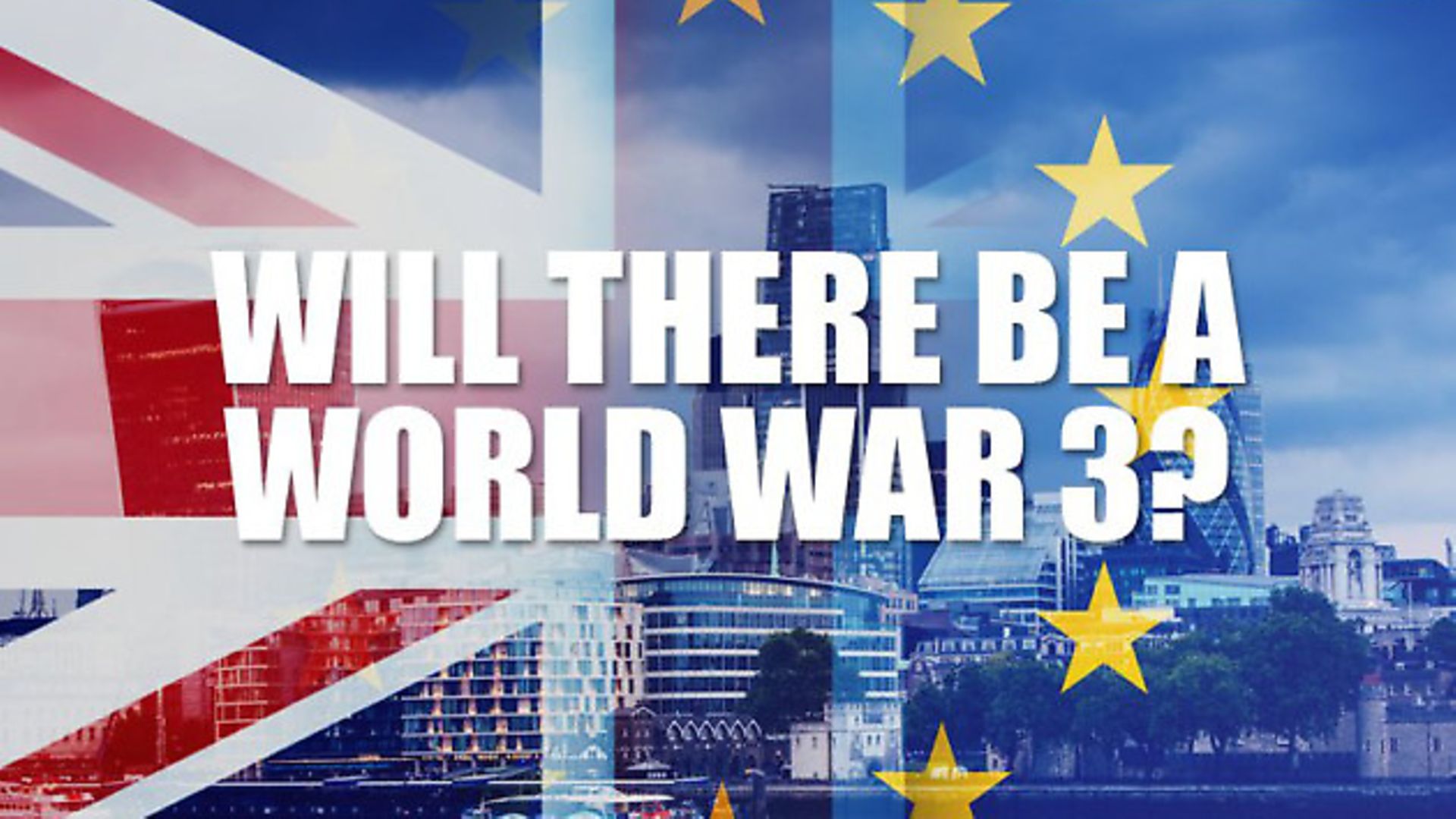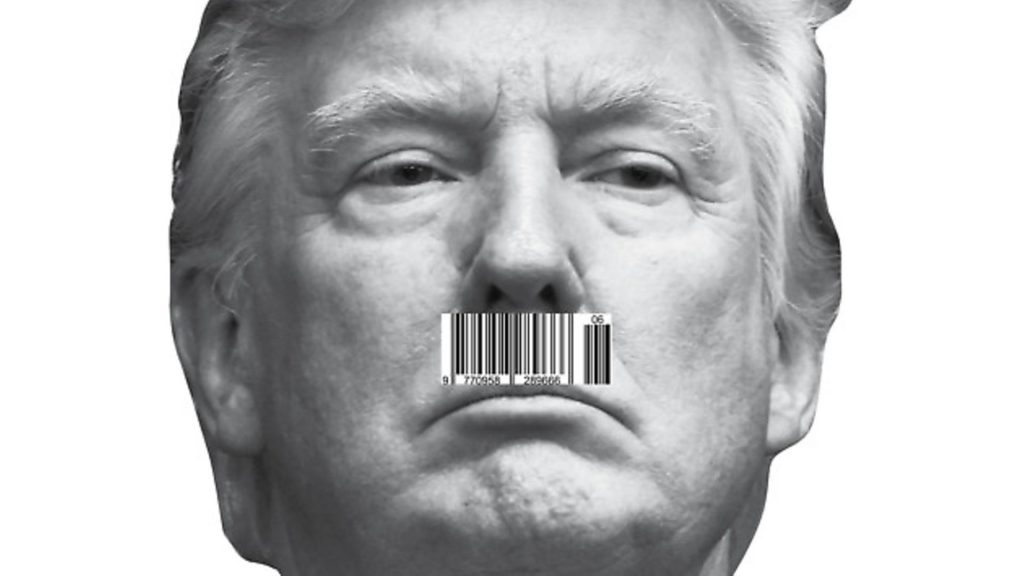
Do recent events mean we are set for international peace or international conflict?

Could Brexit or Trump start a war?
Many commentators have likened the increase in nationalism associated with Brexit and also the victory of Donald Trump in America to events that took place in the 1930s in Europe which, ultimately, led to the Second World War.
But this is overly simplistic.
There are, however, undoubtedly similarities. In Italy and Germany in the 1930s fascist leaders took power. They promised to restore national pride and used a politics of fear to convince the public they needed to be protected. Trump’s ‘Make America Great Again’ refrain has obvious echoes of that period as does his travel ban and attacks on the media and the judges who have, to this point, thwarted his most controversial orders.
The splintering of the European Union – beginning with Brexit and with other right-wing leaders across the continent promising similar – has also sparked fears that the relationships between European countries after the Second World War which promoted peace could be eroded.
However, the greatest risk to world peace at this stage is not relations between the UK and Europe but the axis of power between Russia, the US and China.
Throughout his campaign for the White House and since his victory Trump has accused China of manipulating its exchange rate policy and building a military complex in the South China Sea. He also prompted outrage as President-elect by speaking directly to the leader of Taiwain which Beijing considers a breakaway province. However the President has since told President Xi Jinping the US will honour the so-called ‘One China’ policy which has in the past meant Washington not challenging Beijing’s claim over Taiwain.
But the President’s chief strategist Steve Bannon remains hawkish when it comes to China. Last year on his Breitbart radio show he said he believed the US and China would be involved in a military conflict. He predicted the military build-up in the South China Sea would provide the flash point. He also predicted US forces would be engaged in fighting in the Middle East. He has also spoken of the need to US military might in the fight against Islamic terrorism. Russia’s potentially involvement in any coming war is less clear.
President Putin has become increasingly aggressive in cyber warfare recently but the policy so far appears to be to disrupt and create division in Western countries. He also seems determined to improve relations with the US in order to have Washington sanctions lifted which were imposed by the Obama administration after the annexation of Crimea.
Putin has long been a critic of NATO. Currently NATO forces and Russian troops are deployed in neighbouring areas which has caused much concern. How a Russian-friendly White House would react to an escalation in conflict between NATO (which Trump has been scathing towards) and Russia remains unknown.
What constitutes a world war?
Even if China and the US were involved in a conflict it may not descend into total war.
A world war is commonly defined as involving many nations in numerous parts of the world.
The term was brought to prominence by Karl Marx and Friedrich Engels in their work of 1850 The Class Struggles in France. Although we now commonly refer to the 1914-1919 war as the First World War or World War One at the time it was widely known as the Great War. It was Time magazine as late as 1939 that referred to it as the World War One in an article about the looming conflict with the Nazi’s.
Do the experts think there will be a third world war?
In a chilling article for Time former leader of the Soviet Union Mikhail Gorbachev said in January 2017: ‘It all looks as though the world is preparing for war.’
The Doomsday Clock is a symbolic countdown to a global catastrophe which grew in prominence during the Cold War. A group called The Bulletin of Atomic Scientists collate data and predict how perilous the world’s position is. The clock was recently moved forward by 30 seconds in response to the Trump presidency – the world is now at two minutes and 30 seconds to midnight.
The clock was first set in 1947 at seven minutes to midnight. In 1953, in the wake of US and Russian nuclear posturing, the world got to within two minutes of destruction. In 1991, after the fall of Communism it moved as far away as 17 minutes.
The current position is the closest we have been since 1953.
Words: Richard Porritt









